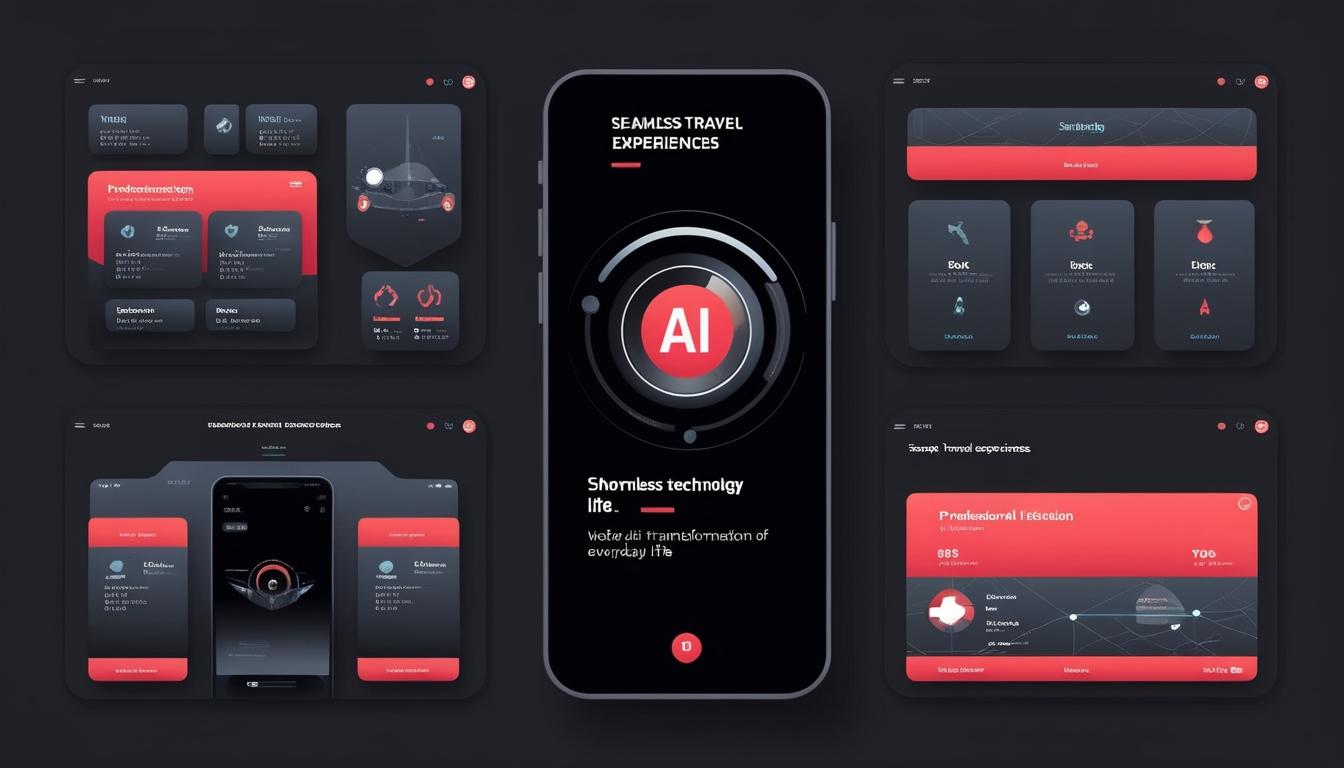The Consumer Electronics Show (CES) 2025 has emerged as a pivotal platform for showcasing the rapid advancements in artificial intelligence (AI) that are set to reshape the business landscape. From January 8 to 12, numerous technology companies unveiled their innovative strategies to integrate AI into everyday experiences, asserting the technology's critical role in future growth and operational efficiency.
A notable highlight of the event is Delta's announcement of its Delta Concierge AI, a project that seeks to revolutionise the airline's interaction with customers. Delta, which celebrates its centennial this year, has amassed extensive data reflecting the intricate journey of travellers, encompassing the entire process from trip planning to arrival at the destination. "AI will tie that all together and proactively guide and assist you through the journey," stated Delta's CEO Ed Bastian. This project aims to create a seamless travel experience that extends far beyond the aircraft.
Other major companies at CES, including BMW, LG, Samsung, and Hisense, have also highlighted their plans for AI integration. BMW's reimagined iDrive system signifies a significant departure from traditional dashboards, evolving into an integrated interface that caters to a broader array of user needs. This new in-car AI vision aims to optimise the driving experience by consolidating various functionalities into an intuitive, user-friendly system.
Samsung's renewed focus on its SmartThings platform is transformed this year into Home AI, enhancing cross-product communication and aiming to facilitate a more interconnected smart home ecosystem. The company has vowed to make its AI assistant, Bixby, more relevant and tailored to user preferences, signifying the potential shift toward a more integrated digital lifestyle.
Hisense seeks to enrich daily experiences with AI, claiming it can fundamentally alter how individuals interact with their environments. However, amidst the promise, some caution against overselling the technology. While companies pitch aggressive AI narratives, the subtleties of being too invasive or assuming emotional roles can lead to consumer resistance. For example, LG's in-car AI solutions eliciting personalised recommendations based on minute physical cues have raised concerns about privacy.
Nvidia, a central player in the AI space, addressed the ongoing energy costs associated with AI technology and how solutions may evolve in conjunction with its integration into various industries. “We are driving the backbone of the AI revolution with ever more powerful silicon,” said CEO Jensen Huang, underscoring the critical role Nvidia plays in facilitating this rapid development.
The pervasive presence of AI technology within CES 2025 underscores its potential for transforming business practices at a sizeable scale. As companies strive to harness its capabilities, such integration raises questions about the balance between utility and user comfort. With many organisations pursuing long-term gains through AI implementation, the ongoing dialogue amongst consumers, innovators, and regulators will shape how these technologies are adopted and interact with everyday life.
In sum, CES 2025 highlights a pivotal moment in the evolution of AI, marking its transition from a conceptual tool to an integrated force that could dictate the future of diverse industries. As these advancements continue to unfold, the intersection of AI technology and consumer experience will likely redefine business practices across the board.
Source: Noah Wire Services
